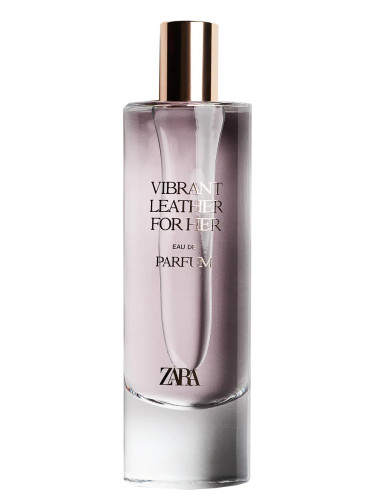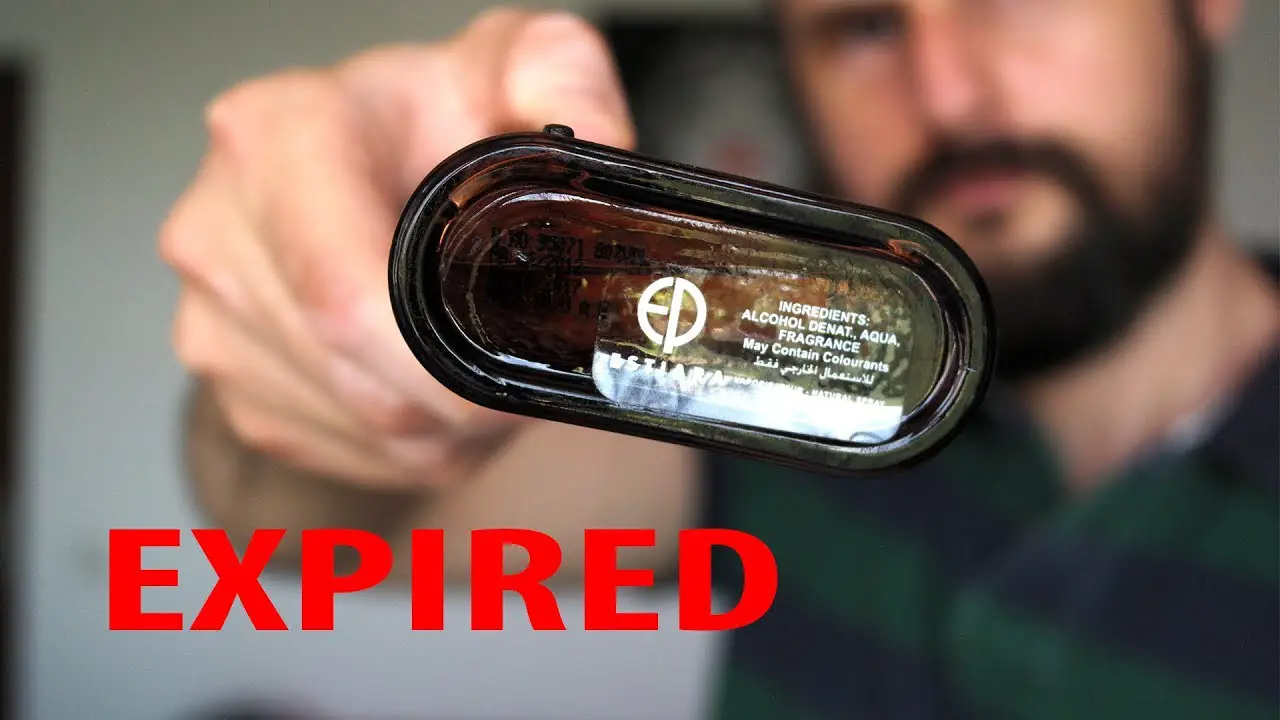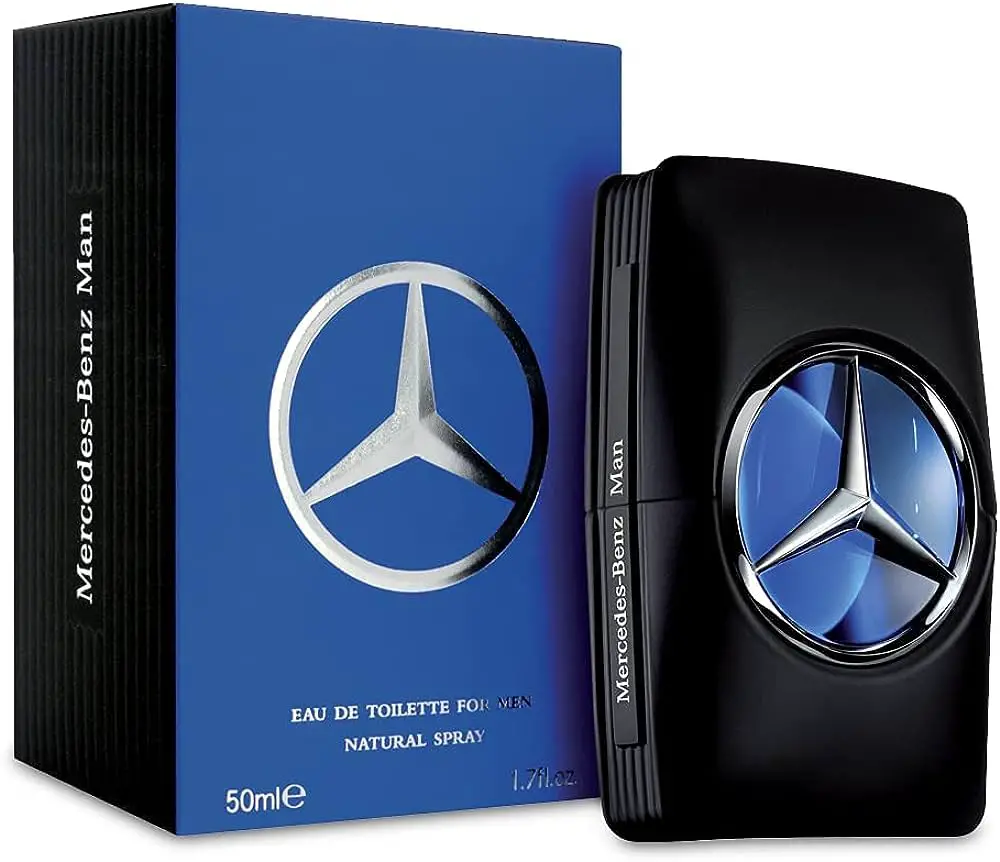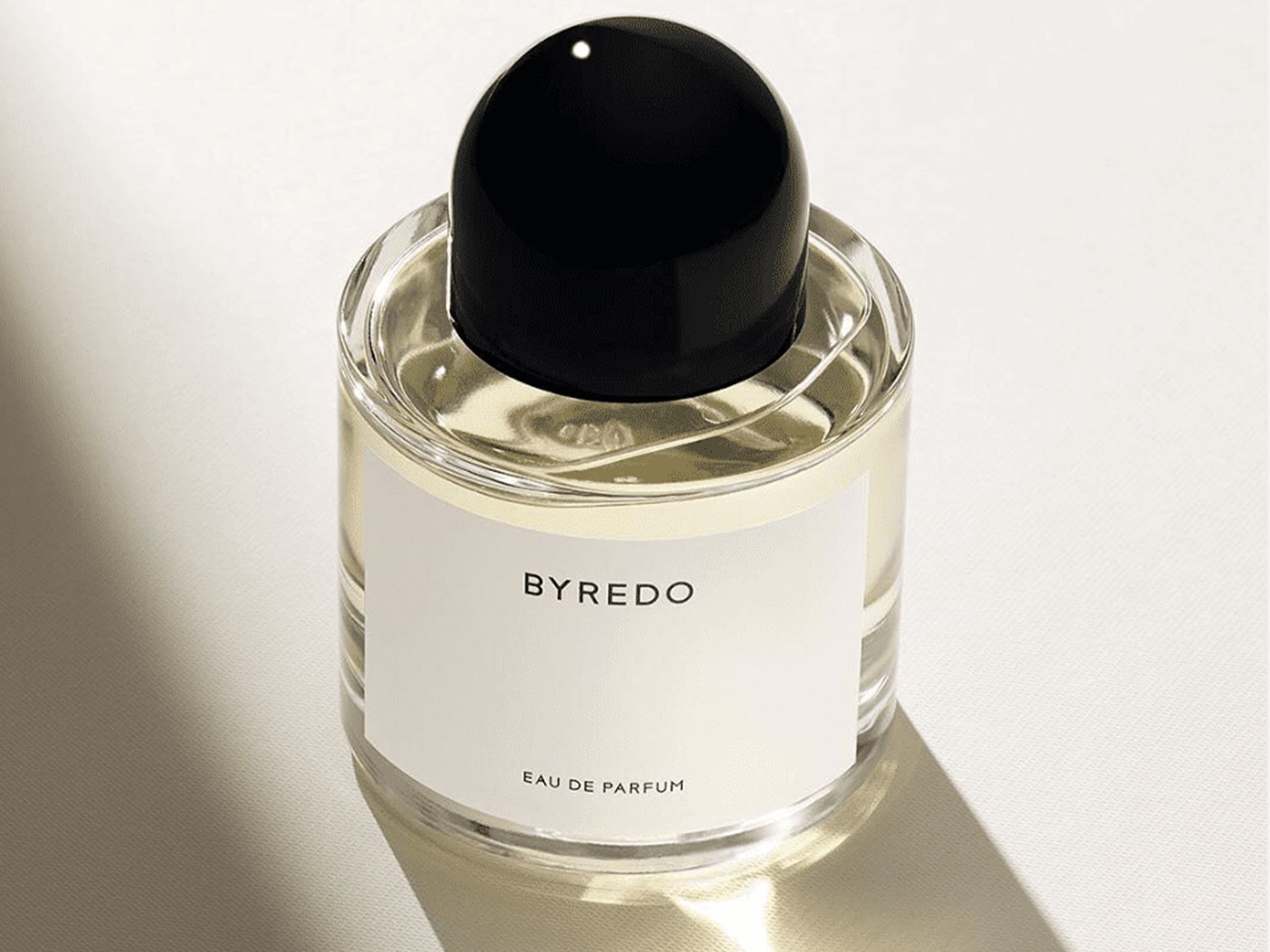Perfumes and fragrances are investments in our personal style and identity. Yet, many of us don’t realize that, like any other cosmetic product, perfumes also have expiry dates. But unlike food, perfume expiration isn’t as clear-cut, which leads to the inevitable question: do perfumes expire?
The Shelf Life of Perfumes
Generally, perfumes have a shelf life ranging from 3 to 5 years when they are still sealed. Once opened, a perfume’s lifespan may decrease depending on various factors which affect the composition and quality of the fragrance over time.
Let’s delve into these factors and how they can alter the longevity of your favorite fragrances:
| Factor | Impact on Perfume |
|---|---|
| Exposure to Light | Light, especially sunlight, can break down the fragrance molecules and alter the scent. |
| Oxygen | When a bottle is frequently opened, oxygen enters and can degrade the perfume’s composition. |
| Temperature Fluctuations | Extreme and frequent changes in temperature can negatively affect a perfume’s stability and scent. |
| Humidity | Excessive humidity can lead to the degradation of the fragrance and decrease its potency. |
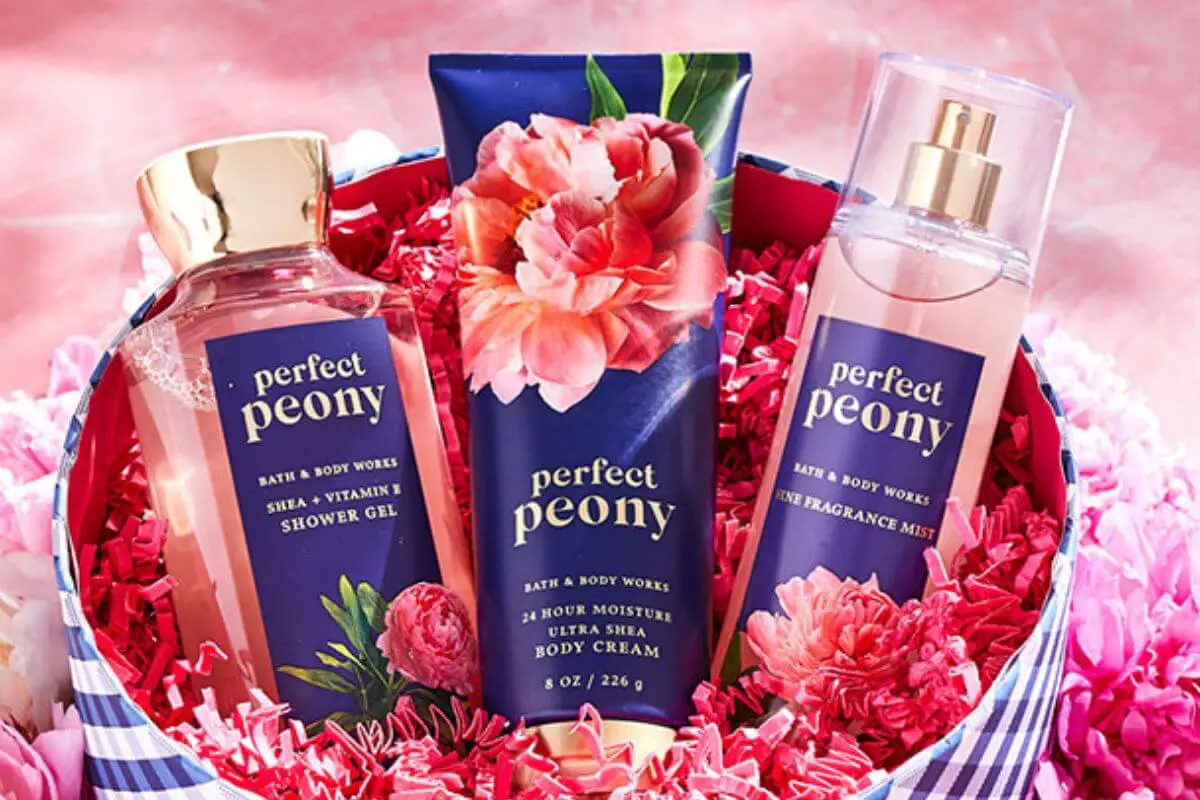
Credit: remotestylist.com
Signs Your Perfume Has Expired
Identifying whether a perfume has expired is not always straightforward. Here are a few signs to look out for which may indicate that your fragrance is past its best:
- Change in Color: If your perfume has darkened in color, this could be a sign that it is degrading.
- Change in Scent: A fragrance that smells off or has altered significantly might be expired.
- Scent Fades Quickly: If you notice that the perfume’s scent isn’t lasting as long on your skin as it used to, this may suggest it’s losing its potency.
- Sediment Formation: The appearance of particles or sediment at the bottom of the bottle is a clear indicator the perfume may have expired.
Maximizing the Shelf Life of Your Perfumes
Preserving the lifespan of your perfume means storing it properly. Here are some useful tips for perfume care:
- Store in a Cool, Dark Place: Avoid placing perfumes in direct sunlight or areas with high temperature variance.
- Keep Bottles Sealed: Ensure the cap is firmly secured after each use to limit oxygen exposure.
- Minimize Air in the Bottle: As perfumes deplete, the space filled with air increases, accelerating oxidation. Consider transferring fragrances to smaller containers.
- Avoid Storing in the Bathroom: Bathrooms are often humid environments and can thus reduce a perfume’s longevity.
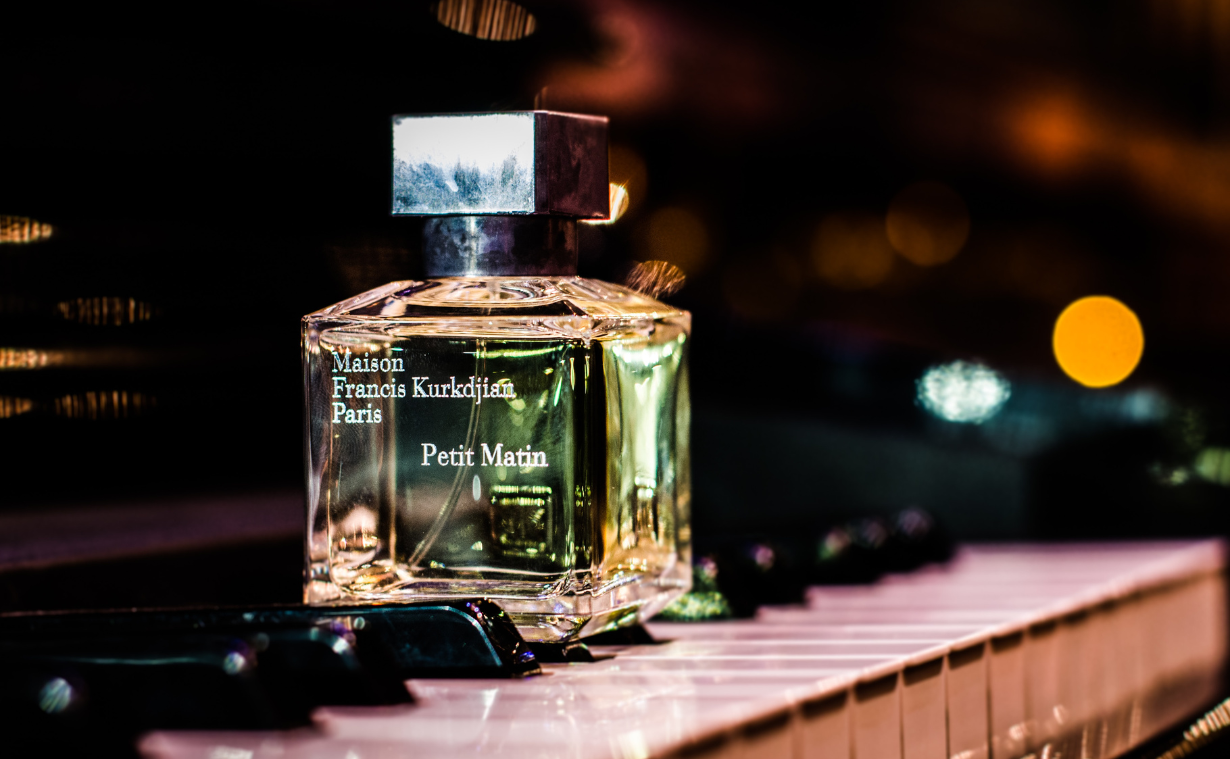
Credit: www.jomashop.com
When to Throw Out a Perfume
If you’ve noticed the signs that your perfume has expired, it may be time to let it go. Holding onto a fragrance that has lost its character won’t provide the experience you originally enjoyed. Instead, it may be the perfect opportunity to explore new scents and refresh your collection.
Frequently Asked Questions
Do Perfumes Have An Expiration Date?
Most perfumes have a shelf life of 3-5 years, but it can vary depending on the ingredients and storage conditions.
What Factors Affect Perfume Longevity?
Light, heat, and air exposure can significantly decrease a perfume’s lifespan by altering its composition.
How To Tell If Perfume Has Gone Bad?
Perfume may have expired if it has changed color, developed a different smell, or the fragrance has weakened.
Can Expired Perfume Harm Your Skin?
Using expired perfume is unlikely to harm your skin, but it might cause irritation or an allergic reaction.


